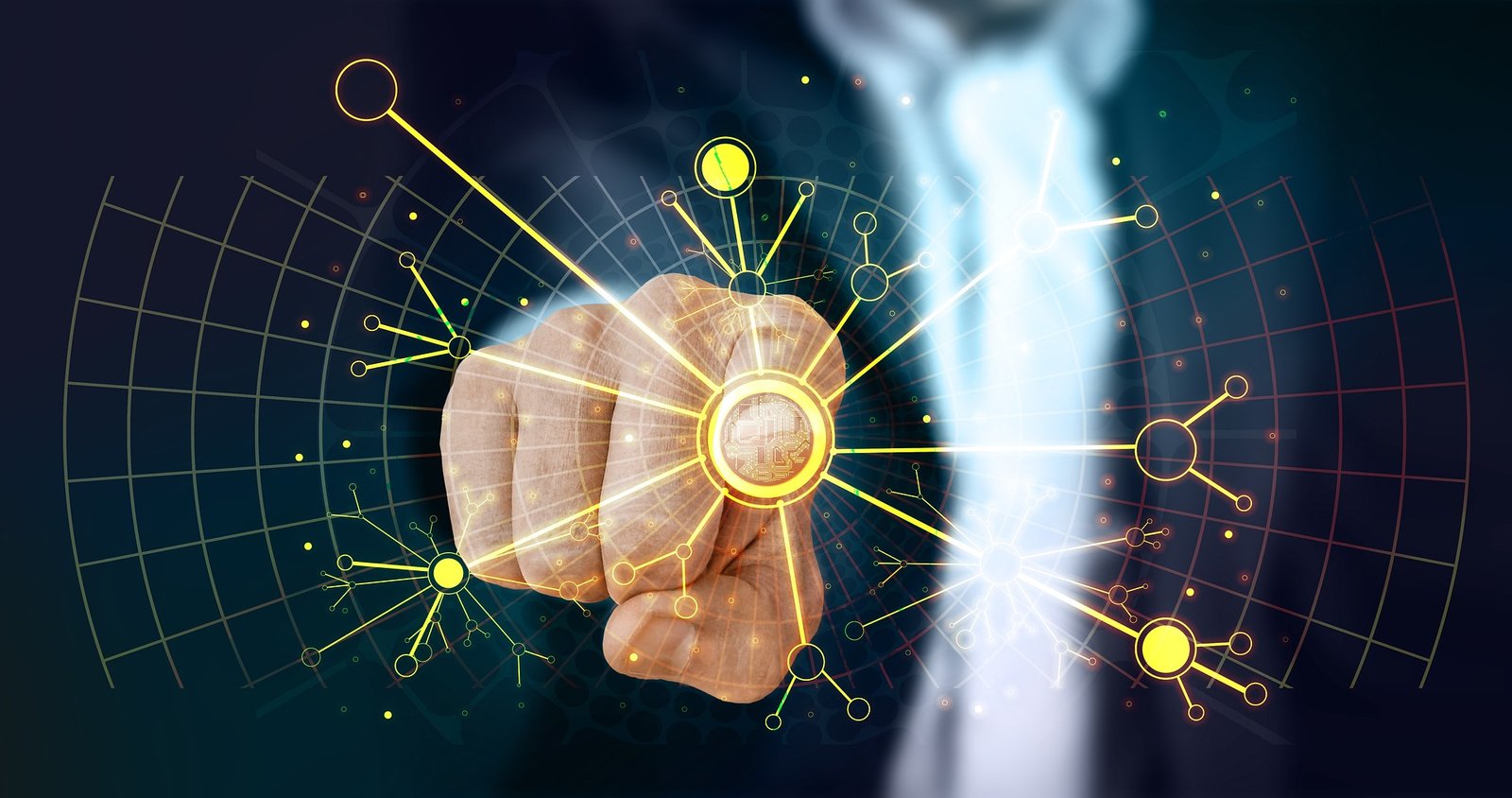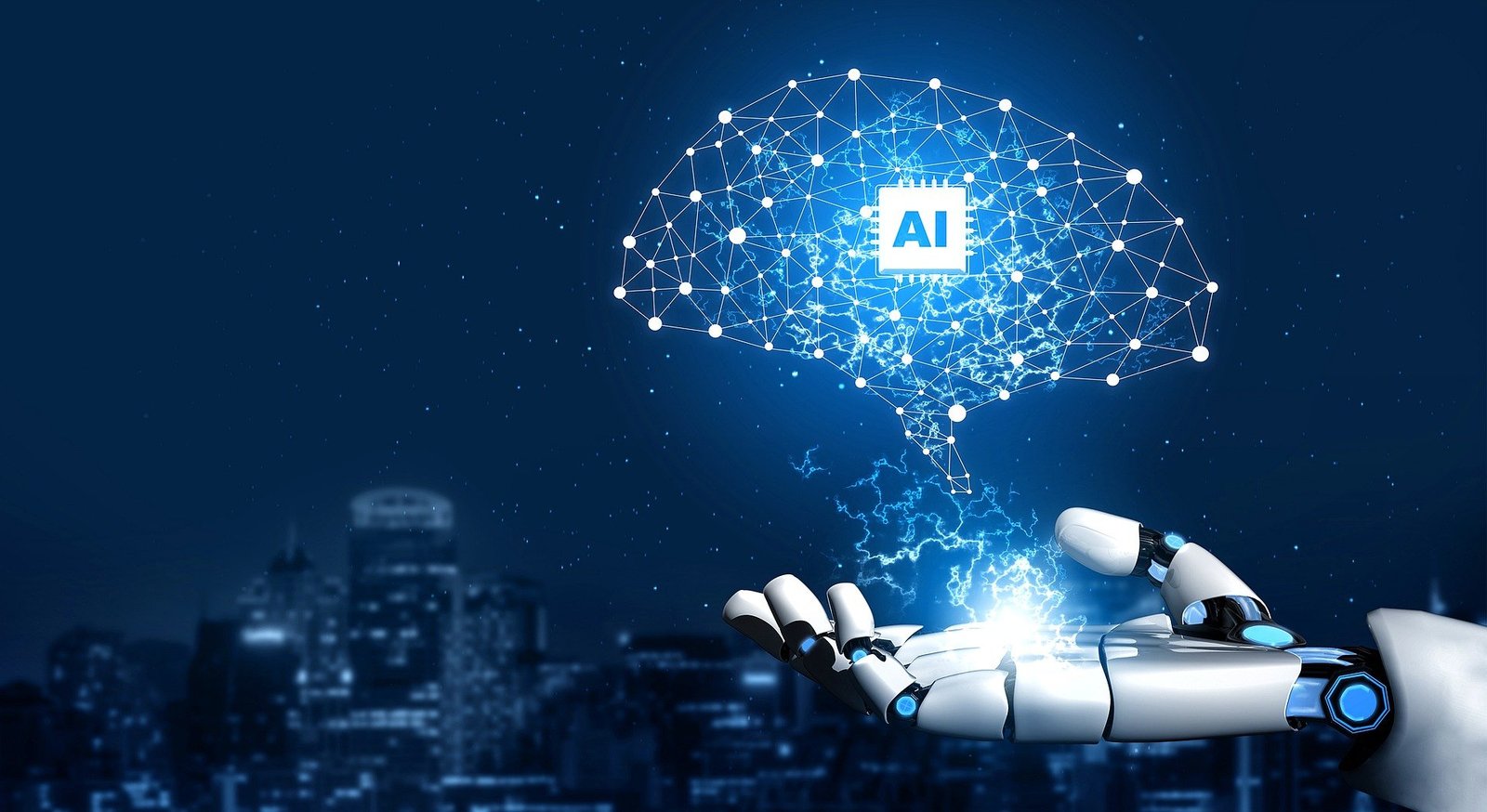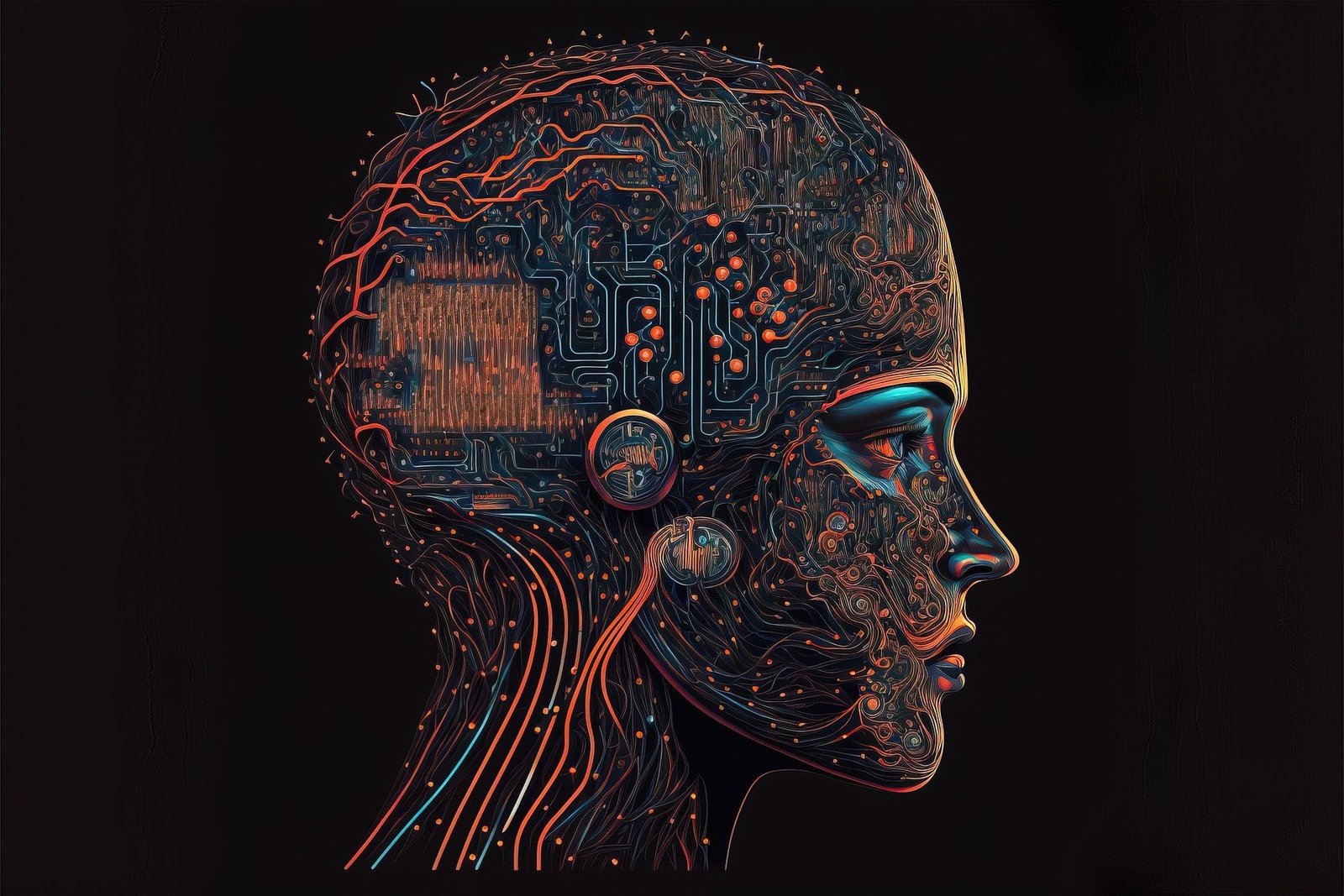In recent years, artificial intelligence (AI) has rapidly emerged as a transformative force across various industries, and software development is no exception. With the ability to analyze vast amounts of data, automate routine tasks, and provide insightful recommendations, AI is redefining how developers create, test, and maintain software. This blog explores the ways in which AI is reshaping the future of software development and what it means for developers and businesses alike.
Enhancing Productivity Through Automation
One of the most significant impacts of AI in software development is automation. Developers often face repetitive tasks, such as code generation, testing, and bug fixing. AI-powered tools can take over these mundane processes, allowing developers to focus on more complex and creative aspects of their work. For instance, AI-driven code assistants can suggest code snippets, complete functions, or even generate entire modules based on natural language descriptions. This not only speeds up development but also reduces the risk of human error, leading to more reliable software.
Smarter Testing and Quality Assurance
Quality assurance is a critical phase in the software development lifecycle, and AI is revolutionizing how testing is conducted. Traditional testing methods can be time-consuming and labor-intensive. AI tools can analyze code and predict potential areas of failure by identifying patterns and anomalies. This predictive capability allows teams to address issues before they escalate into costly problems. Moreover, AI can automate test case generation, run extensive regression tests, and analyze results faster than manual testing methods, significantly enhancing the quality and reliability of software products.

Image Credit : Pixabay
Data-Driven Decision Making
AI excels at processing large volumes of data and extracting meaningful insights. In software development, this capability can inform decision-making at various levels. For example, AI can analyze user behavior and preferences, allowing developers to tailor applications to meet customer needs effectively. By leveraging data analytics, teams can prioritize features based on user demand, optimize performance, and even predict market trends. This data-driven approach not only enhances user satisfaction but also positions companies to remain competitive in an ever-evolving market.
Improving Collaboration and Communication
Effective collaboration is essential in software development, especially in teams that operate remotely or across different time zones. AI-powered tools can facilitate communication by providing real-time translation, summarizing meetings, and even suggesting action items based on conversations. These tools help streamline workflows and ensure that all team members are aligned, regardless of their location. As remote work continues to be a norm, AI will play a pivotal role in enhancing collaboration among developers, product managers, and stakeholders.
Personalizing User Experiences
AI is not just impacting the development process; it’s also revolutionizing how software interacts with users. Machine learning algorithms enable applications to learn from user interactions, personalizing experiences to meet individual needs. For example, recommendation systems used by platforms like Netflix and Amazon analyze user behavior to suggest content or products tailored to their preferences. As developers integrate AI into their software, they can create more engaging and user-friendly applications that adapt to user behavior in real-time.
Preparing for the Future
As AI continues to evolve, its role in software development will only expand. Developers must adapt to this changing landscape by acquiring new skills and embracing AI-driven tools. Learning to work alongside AI—understanding how to leverage its capabilities while retaining the human touch—will be crucial. This shift may also change the composition of development teams, as roles evolve to include data scientists and AI specialists alongside traditional software engineers.

Image Credit: Pixabay
Conclusion
The rise of AI is undoubtedly reshaping the future of software development. From automating mundane tasks to enhancing testing processes and personalizing user experiences, AI is driving efficiency and innovation in ways previously thought impossible. As developers and businesses embrace this technology, they will not only improve their workflows but also create software solutions that are more aligned with user needs. The future of software development is bright, and AI is at the forefront of this exciting transformation. Embracing this change will be key to thriving in the digital age.








